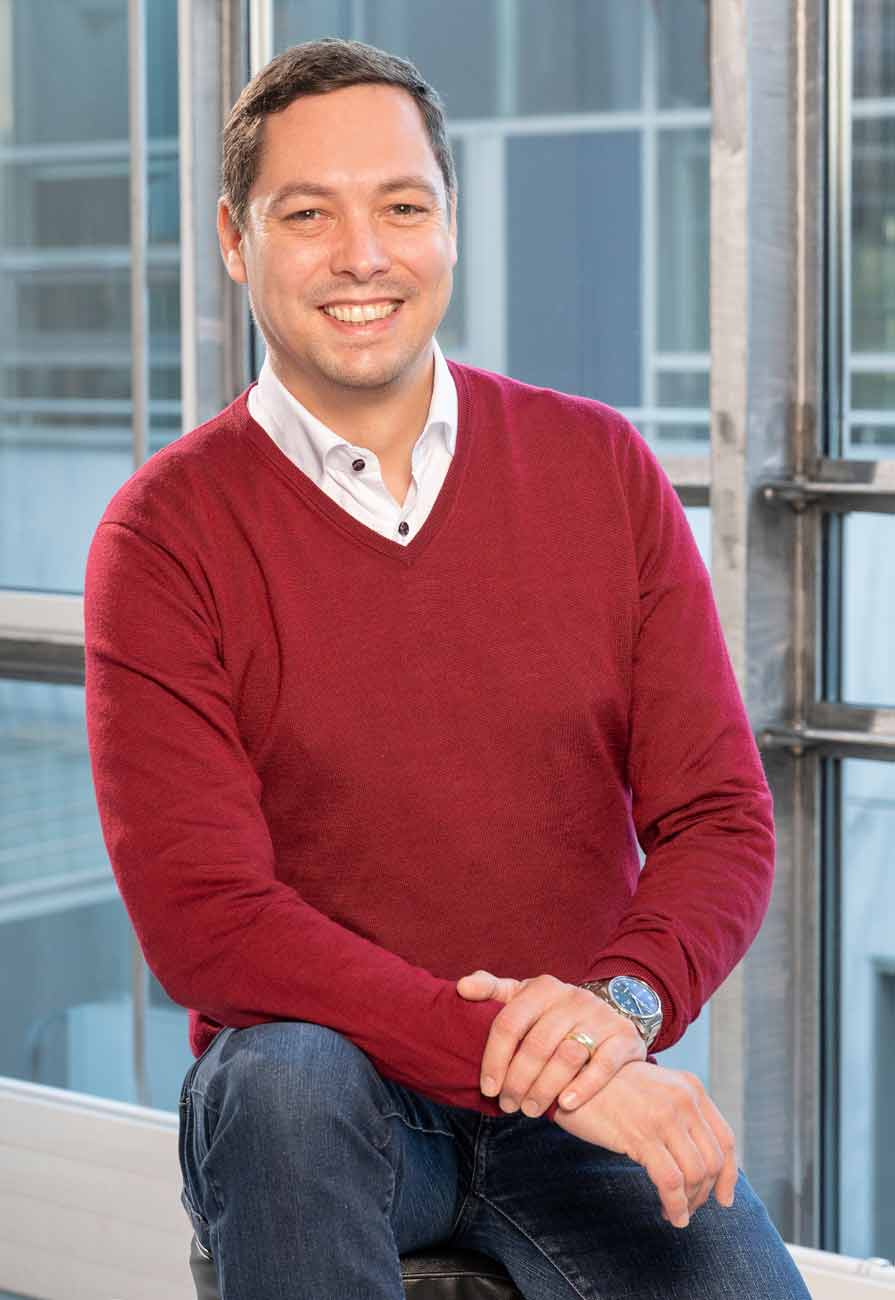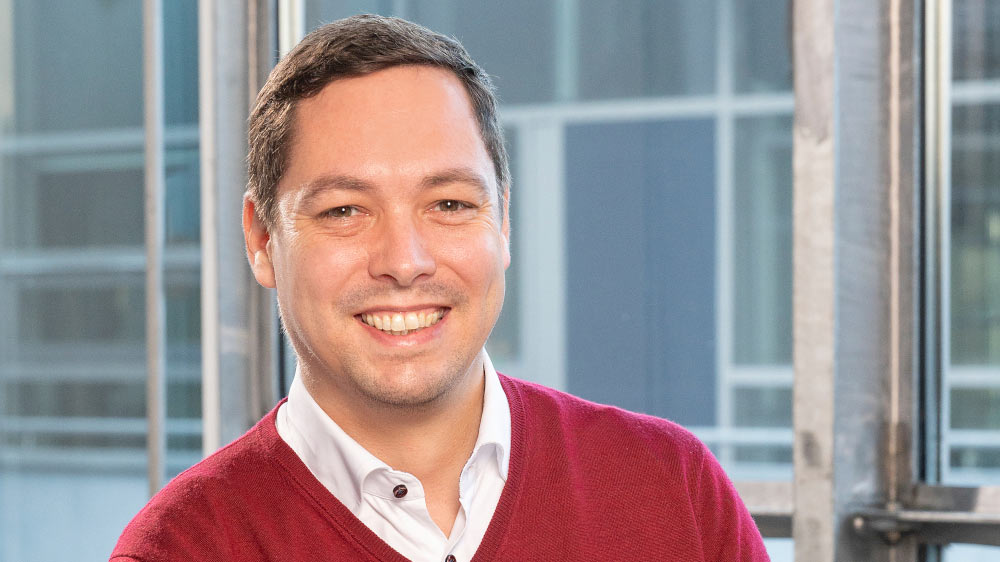Emerging Technologies and the Future of Cyber Security: Expert Interview with Prof. Daniel Loebenberger
Professor Daniel Loebenberger shares his perspectives about the current and potential future challenges facing cyber security in today’s world, along with effective strategies to counteract them.
In the digital age of today, cyber security has become a topic of utmost importance. It’s an evolving discipline of high complexity governing over our information systems, protecting our personal and corporate data simultaneously ensuring the safety in the cyber systems. As technology becomes an integral part of our daily lives, cyber security proves to be a more vital line of defense against cyber threats and attacks that has the potential to disrupt systems, compromise data and invade privacy.
We are continuously moving towards increased interconnectivity due to the remarkable developments made in the realm of technology. This also means that the challenges associated with cyber security are getting more intense. Emerging technologies such as artificial intelligence, quantum computing, and IoT are not only redefining our world but are also reshaping the landscape of cyber security which brings forth the necessity to understand the developing trends in cyber security, their accompanying challenges along with the future directions which are crucial for both individuals and organizations.
In order to bring more clarity on these issues, we reached out to Professor Daniel Loebenberger, a leading authority in the field of cyber security. Prof. Loebenberger shared valuable insights about the challenges cyber security is facing in today’s world, as well as the future ones likely to emerge. He further talked about ways for companies to ensure their security.
Insights from Prof. Daniel Loebenberger

What are some of the biggest challenges cyber security is facing today?
Prof. Daniel Loebenberger: “I think that the increasing complexity and the volume of cyber threats together with the applicability in basically all areas of technology pose the biggest challenges. Additionally, the emergence of AI methods with unprecedented abilities might change the landscape rapidly.”
How do you envision the future of cyber security, particularly with the rise of the Internet of Things and increased connectivity?
Prof. Daniel Loebenberger: “As IoT devices become more prevalent, cyber security will need to evolve to address the unique challenges these devices present, such as low throughput rate or energy-consumption issues. This might involve developing new security protocols, improving device authentication, and many more things.”
What are some emerging technologies in the field of cyber security that you’re most excited about?
Prof. Daniel Loebenberger: “I personally think that the migration to post-quantum cryptography is a very interesting topic. When (scalable) quantum computers can be built, all modern cryptography breaks, which destroys the core functionalities of cyber security. Thus, migration efforts need to be taken into account.”
How can companies ensure the security of their networks and systems?
Prof. Daniel Loebenberger: “Companies can ensure their network and system security by implementing a multi-layered security strategy that includes things like firewalls, intrusion detection systems, data encryption, and regular security audits. This, of course, costs real money. Employee training is another critical aspect, as human error is often a significant factor in security breaches.”
How can companies ensure they are staying up to date and educating themselves in this regard?
Prof. Daniel Loebenberger: “Well, for starters, one can book the cyber security course at the Institute for Life-Long-Learning at TUM :)”
Adapting to the fast-paced and ever changing digital world demands continuous learning. Being equipped with the right knowledge and skills is essential to comprehend and respond to any potential cyber threats. For professionals keen to improve upon their understanding and expertise in cyber security, the Technical University of Munich offers an exceptional training program that is designated to meet the complex needs of the industry. Successful completion of the program is acknowledged with a certificate from the Technical University of Munich.
Whether you’re a professional in the IT field, an engineer, a manager responsible for cyber security within your company or a data privacy officer, this course is invaluable in providing the necessary skills and knowledge conforming to the needs of today as well as tomorrow.[/vc_column_text][vc_empty_space height=”15px”]
[vc_column_text]
Interested?
Interested in taking your cyber security knowledge and skills to the next level? Feel free to learn more about our certificate program Certified Cyber Security Specialist and join among the professional community leading the way in the field of cyber security.[/vc_column_text]
[/vc_column][/vc_row]

